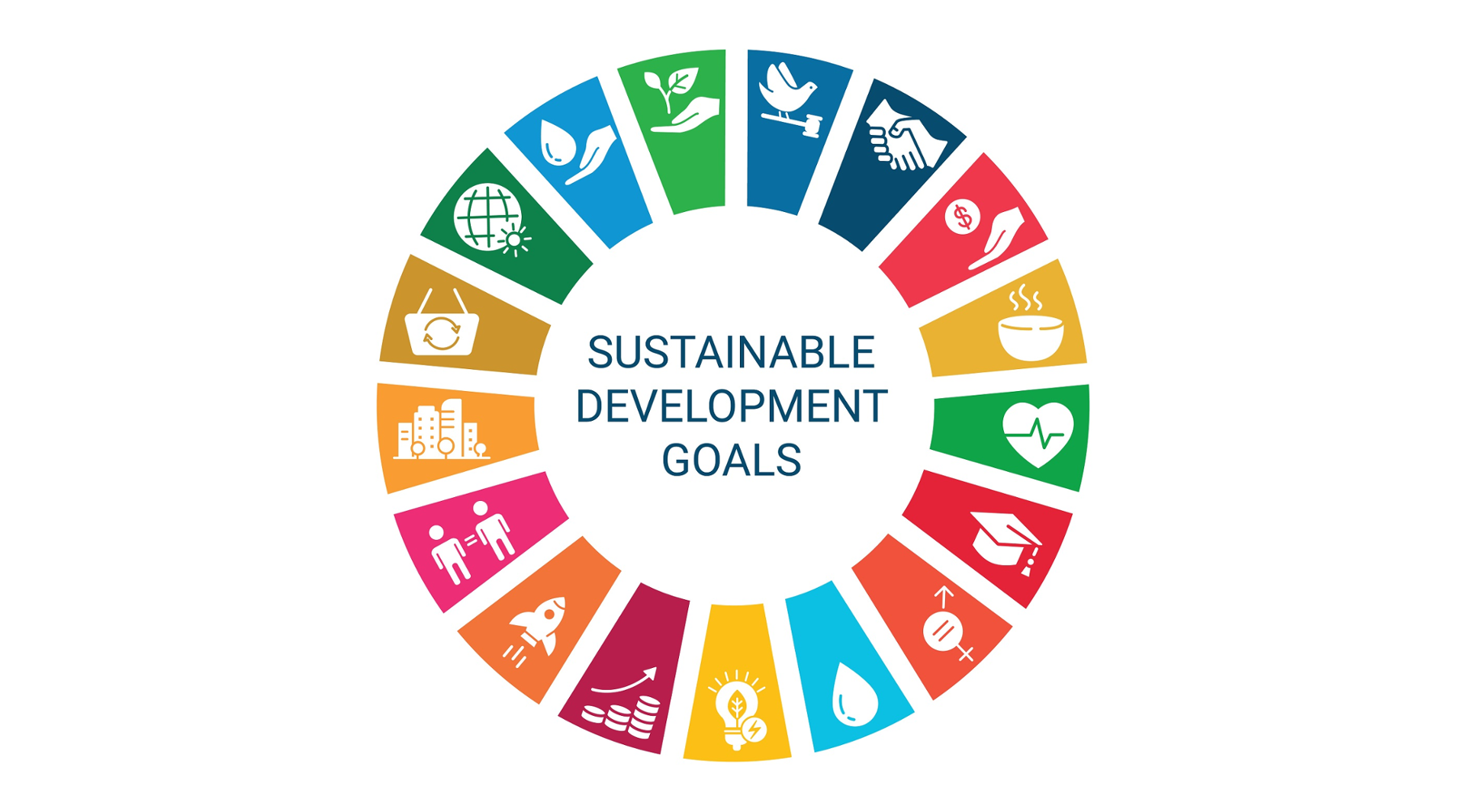11 November 2022: Measuring the SDGs - Data Practices, Challenges, and Futures
On 11 November 2022, the Global Governance Centre at the Geneva Graduate Institute is organising a roundtable discussion on the practices, challenges, and futures of the SDG data system. The event is organised in collaboration with SDG Lab and Deloitte Switzerland. Moira V Faul, NORRAG Executive Director, will be among the panelists.
Date and time: 11 November 2022, 16:00 – 17:30 (CET/Geneva)
Venue: Auditorium A2, Maison de la paix, Geneva Graduate Institute
Event outline
The Sustainable Development Goals (SDG) represent a tremendous challenge for National Statistical Offices that are unable to meet the data demands of the SDG infrastructure. Far more complex and four times more expansive than the Millennium Development Goals data infrastructure, the SDG framework comprises 232 unique indicators, many for which little if any data presently exists. According to some recent estimates, not a single country is able to provide data on every indicator and most countries are only able to provide one or more data points on 55 percent of the indicators.
As noted in the 2022 UN Sustainable Development Goals Report, most SDG data remains aggregated, making it difficult to assess the experience of vulnerable groups and ensure no one is left behind. More than just a matter of statistical capacity then, missing data can result in the invisibilization of certain issues and segments of the world population, thereby cutting them out of policy-making processes.
In light of these data gaps, the United Nations has underscored the need to strengthen national statistical capacity whilst endorsing the potential value of alternative unofficial data sources, such as big data, geospatial data, and citizen-generated data, in tracking SDG progress. More than just a technical matter, building the data capacity of the UN and global governance structures as a whole will necessarily raise new political and ethical dilemmas, notably around questions of transparency, accountability, privacy, and inequality.
The growing turn to data as a means of knowing and governing global problems requires a multidisciplinary and cross-sectoral dialogue. This roundtable, which brings together key representatives from international organisations, academia, and civil society, is a first exercise to consolidate a multistakeholder forum in International Geneva working in and around these critical themes.
Programme
Introductory remarks:
Monique J. Beerli, Executive Director of the Global Governance Centre, Geneva Graduate Institute
Roundtable panelists:
- Bojan Nastav, Acting Chief of Statistical Analysis at the United Nations Conference on Trade and Development (UNCTAD)
- Steve MacFeely, Director of Data and Analytics at the World Health Organization (WHO)
- Moira Faul, Executive Director and Senior Research Fellow at Network for International Policies and Cooperation in Education and Training (NORRAG)
- Kate Richards, Advocacy Manager of the Global Partnership for Sustainable Development Data
- Vincenzo Chiochia, Director and Head of AI Insights and Engagement at Deloitte Switzerland
Co-moderators
- Trine Schmidt, Policy Advisor at the International Institute for Sustainable Development (IISD) and the SDG Lab
- Monique J. Beerli, Executive Director of the Global Governance Centre, Geneva Graduate Institute

